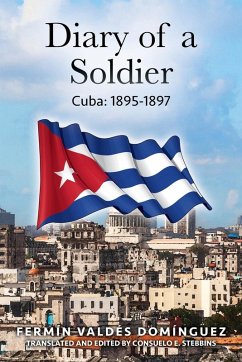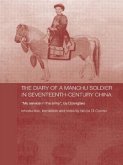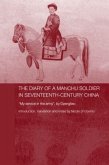Dr. Fermín Valdés Dominguez was living in Tampa, Florida in 1895 when he received his orders to report to General Serafín Sánchez in Key West. After a failed attempt to launch a filibuster from Fernandina Beach, Florida in January 1895, the Cuban émigré community in Key West organized another military expedition that would leave Big Pine Key to bring much needed munitions and medical supplies to the insurgents in Cuba. Once the expedition landed in Cuba, the new recruits joined the insurrection army and fought bravely to free Cuba from Spain. Fermín Valdés' diary gives readers a first hand account of the war as we share his optimism when he first steps foot on Cuban soil where he was promoted to Colonel and served as Secretary to the Commander-in-Chief of the Cuban Revolutionary Army, Máximo Gómez. Fermín Valdés' optimism turns to disillusionment as he witnesses the daily brutality of the war and the power struggle between the Commander-in-Chief, Máximo Gómez and the President of the Republic of Cuba, Salvador Cisneros Betancourt. Later, Fermín Valdés served under Lt. General José Maceo, who shared the same vision of Fermín Valdés'childhood friend, José Martí that Cuba would be a country where blacks and whites would peacefully coexist. This shared vision is shattered as Fermín Valdés' documents the resentment of certain governmental officials towards José Maceo, a black officer, whom they want to replace with a white officer. Valdés' diary describes the plight of the civilians who are forced by the Spanish general Valeriano Wyler to relocate to towns controlled by the Spanish and consequently, thousands of Cubans died of starvation and disease. Fermín Valdés' original diary, Diario de Soldado, consists of four volumens that were published in 1908 in Cuba and reprinted by the University of Havana in 1974. This edition of Diary of a Soldier is the first English translation, which contains the important events of the war and provides readers with valuable insights into the characters of its military leaders and details the struggles of the third attempt of Cubans to free themselves from Spain. What sets Fermín Valdés diary apart is that he chronicles not only the historical details of the campaign, but provides us with an emotional description of the bitter campaign being waged by both sides and his disappointment in both the civilian and military leadership. His passionate criticism of the immoral conduct of his fellow officers and the ambitious plots of the government officials are revealed in detail. At times, grief overcomes him as he expresses sorrow for the loss of his friends including his close childhood friend, José Martí. Fermín Valdés felt the pain of the people who struggled to gain their ultimate goal, the independence of Cuba, a Cuba Libre where both blacks and whites had the same opportunities to work and provide for their families.
Hinweis: Dieser Artikel kann nur an eine deutsche Lieferadresse ausgeliefert werden.
Hinweis: Dieser Artikel kann nur an eine deutsche Lieferadresse ausgeliefert werden.








